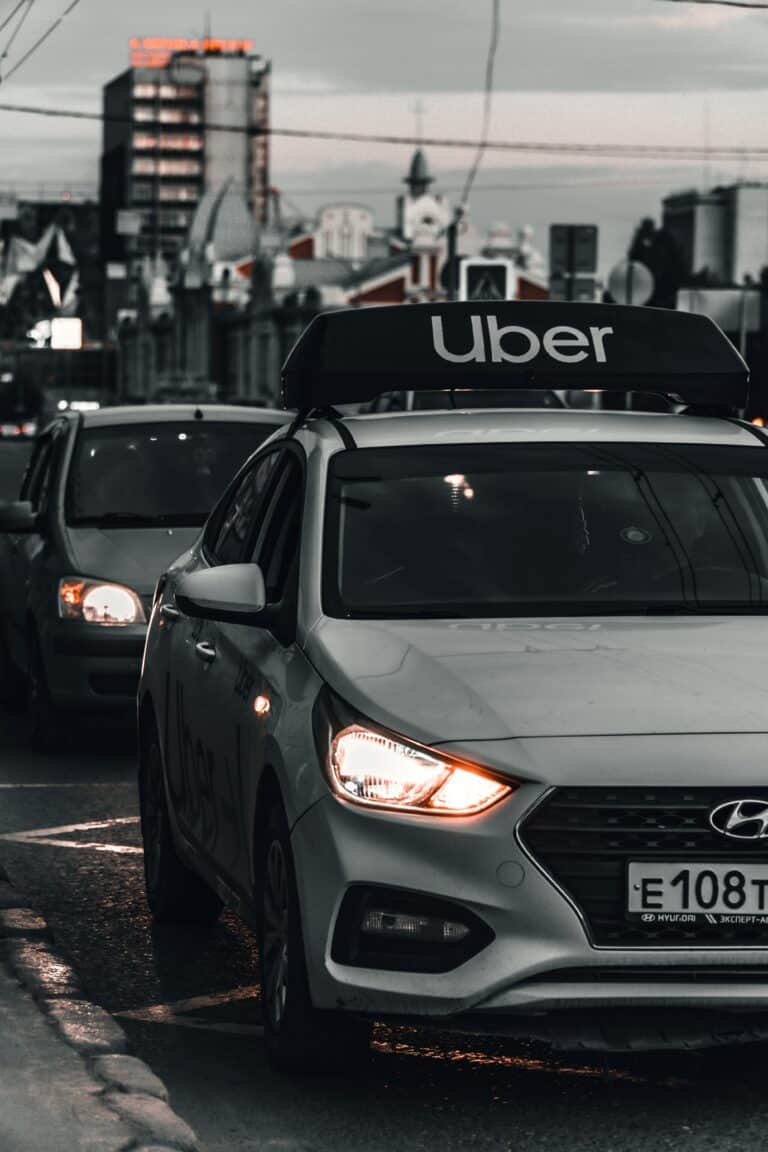
Benjamin Sachs is the Kestnbaum Professor of Labor and Industry at Harvard Law School and a leading expert in the field of labor law and labor relations. He is also faculty director of the Center for Labor and a Just Economy. Professor Sachs teaches courses in labor law, employment law, and law and social change, and his writing focuses on union organizing and unions in American politics. Prior to joining the Harvard faculty in 2008, Professor Sachs was the Joseph Goldstein Fellow at Yale Law School. From 2002-2006, he served as Assistant General Counsel of the Service Employees International Union (SEIU) in Washington, D.C. Professor Sachs graduated from Yale Law School in 1998, and served as a judicial law clerk to the Honorable Stephen Reinhardt of the United States Court of Appeals for the Ninth Circuit. His writing has appeared in the Harvard Law Review, the Yale Law Journal, the Columbia Law Review, the New York Times and elsewhere. Professor Sachs received the Yale Law School teaching award in 2007 and in 2013 received the Sacks-Freund Award for Teaching Excellence at Harvard Law School. He can be reached at [email protected].
Today’s Philadelphia Inquirer reports on the death of Pablo Avendano, a 34-year old bike messenger who was killed while delivering food for Caviar, the app-based food delivery service. Because Avendano was classified as an independent contractor and not an employee, his family will not be entitled to workers compensation benefits that they could otherwise collect. NELP has an excellent paper on this subject, which is of course part of the broader problem with gig economy misclassification.
The Inquirer story, however, repeats a statement from Jianming Zhou, CEO of SherpaShare, and this statement is worth calling out. Here’s what Zhou told the San Francisco Chronicle in response to the recent Dynamex decision (which makes it far more likely that gig workers will be reclassified as employees):
Most drivers say they prefer to remain independent contractors, said Jianming Zhou, co-founder and CEO of San Francisco’s SherpaShare, which helps gig drivers track their earnings and expenses. Changing that “might make a lot of people unhappy,” he said. Drivers relish the freedom of deciding when and how much to work. “If they become employees, the company will tell them when to work,” he said.
The Inquirer paraphrased Zhou this way:
[G]ig workers don’t want to be classified as employees, as it would allow employers to have more control over them, and it’s precisely that freedom they’re signing up for when they take a contract job.
This is a trope in gig-economy debates. But it is a myth (putting it politely). If gig workers – Uber drivers, Lyft drivers, and Caviar delivery people – get reclassified as employees, that status will not require the firms to take away all the workers’ flexibility. In fact, the trope gets the relationship between control and employee status exactly backwards. The way the law works is this: if a firm exercises sufficient control over a worker, then the worker may be an employee. The law does not work the way Zhou would suggest: if the worker is an employee, then then the firm must exercise control over the worker. If Caviar or Uber workers are reclassified as employees, the firms could ensure a high degree of continued flexibility, including by allowing the employees to work when and for as long as they want.
There are some minor exceptions to this principle, that have to do with break times and overtime pay. I’ve discussed these before. Thus:
[S]ome states require employers to provide employees with break times during work shifts of a long enough duration. If Uber drivers were employees, Uber might have to ensure these breaks and – to this extent – couldn’t leave scheduling entirely in the drivers’ hands. So, according to Uber, mandatory break times would require a loss of flexibility. But this argument depends on a very particular idea of flexibility: the flexibility to work without breaks. As long as Uber ensured that drivers took their breaks, they could allow drivers to work whenever and for however long the drivers wished. Similarly, if Uber had to pay its drivers overtime, the firm might limit the number of hours its drivers worked (as an Uber spokesperson has suggested). But, again, this is a loss of flexibility only where flexibility means working overtime at straight time rates.
The trope that employment status = the end of flexibility serves well an industry that wants to continue misclassifying workers as independent contractors. But it is not an accurate description of the law, and it denies the very real possibility of enjoying both the protections of employment rights and the benefits of flexibility.









Daily News & Commentary
Start your day with our roundup of the latest labor developments. See all
April 18
Disneyland performers file petition for unionization and union elections begin at Volkswagen plant in Tennessee.
April 18
In today’s Tech@Work, a regulation-of-algorithms-in-hiring blitz: Mass. AG issues advisory clarifying how state laws apply to AI decisionmaking tools; and British union TUC launches campaign for new law to regulate the use of AI at work.
April 17
Southern governors oppose UAW organizing in their states; Florida bans local heat protections for workers; Google employees occupy company offices to protest contracts with the Israeli government
April 16
EEOC publishes final regulation implementing the Pregnant Workers Fairness Act, Volkswagen workers in Tennessee gear up for a union election, and the First Circuit revives the Whole Foods case over BLM masks.
April 15
The Supreme Court ruled in favor of bakery delivery drivers in an exemption from mandatory arbitration case; A Teamsters Local ends its 18-month strike by accepting settlement payments and agreeing to dissolve
April 14
SAG-AFTRA wins AI protections; DeSantis signs Florida bill preempting local employment regulation; NLRB judge says Whole Foods subpoenas violate federal labor law.